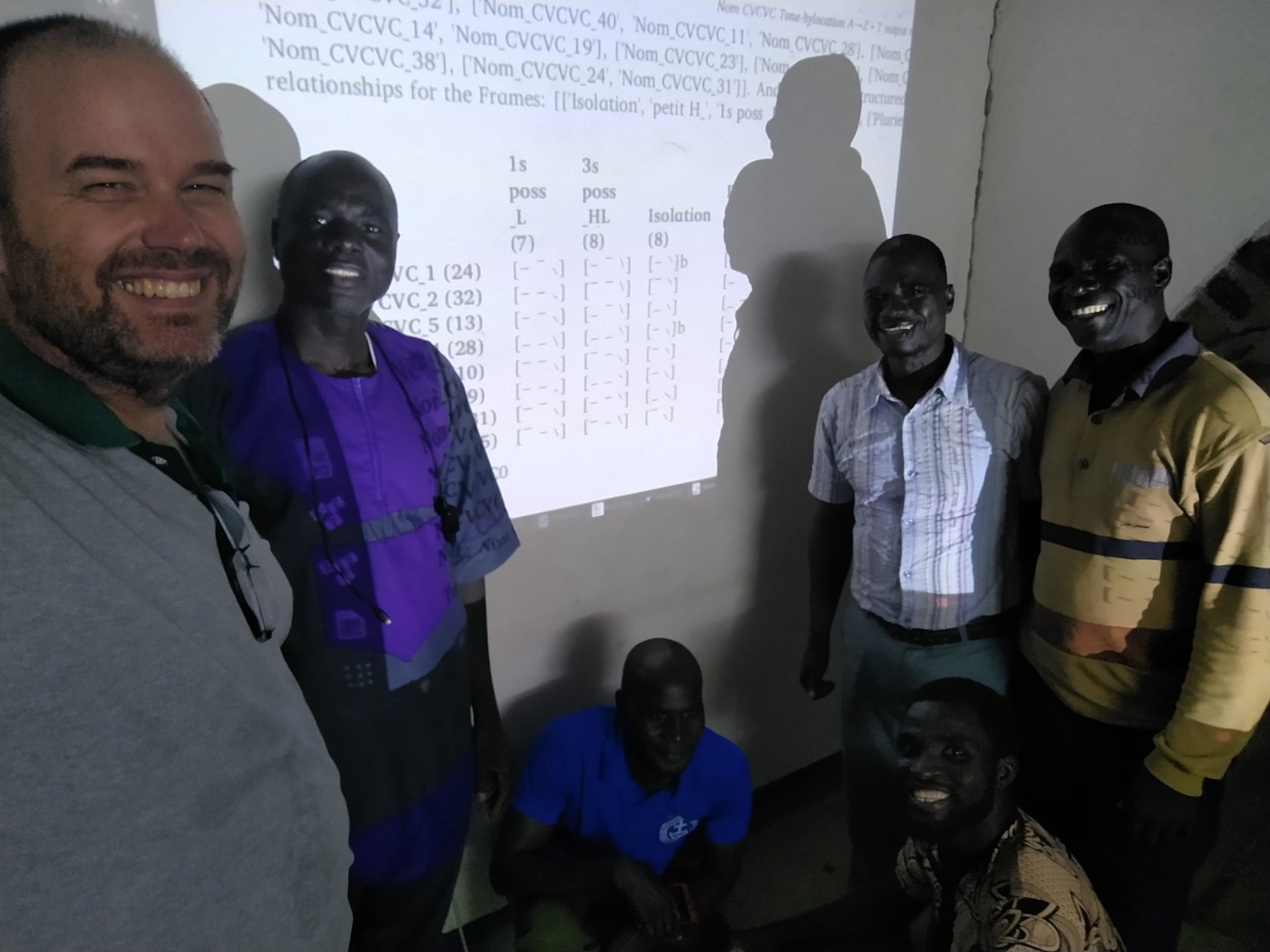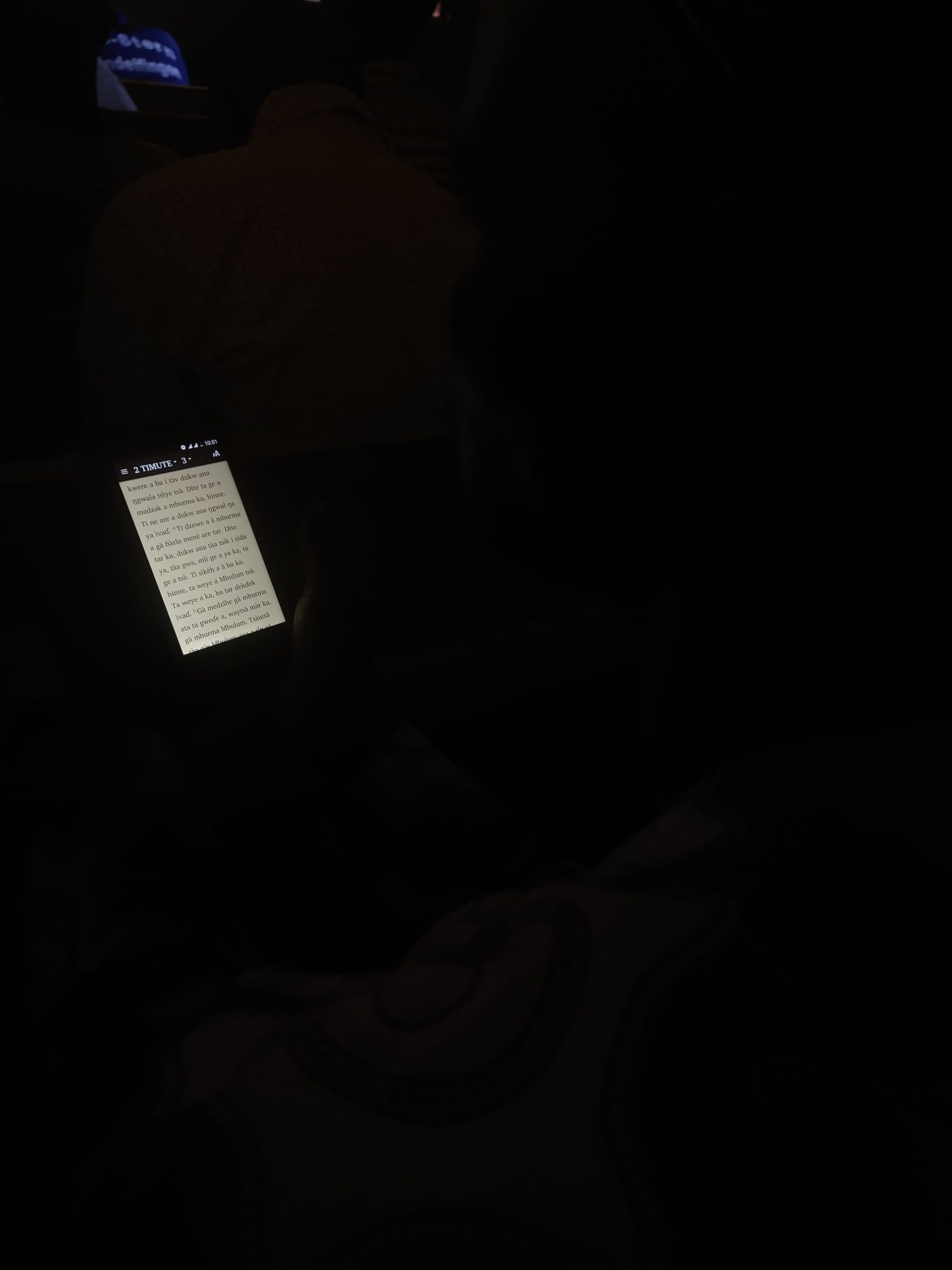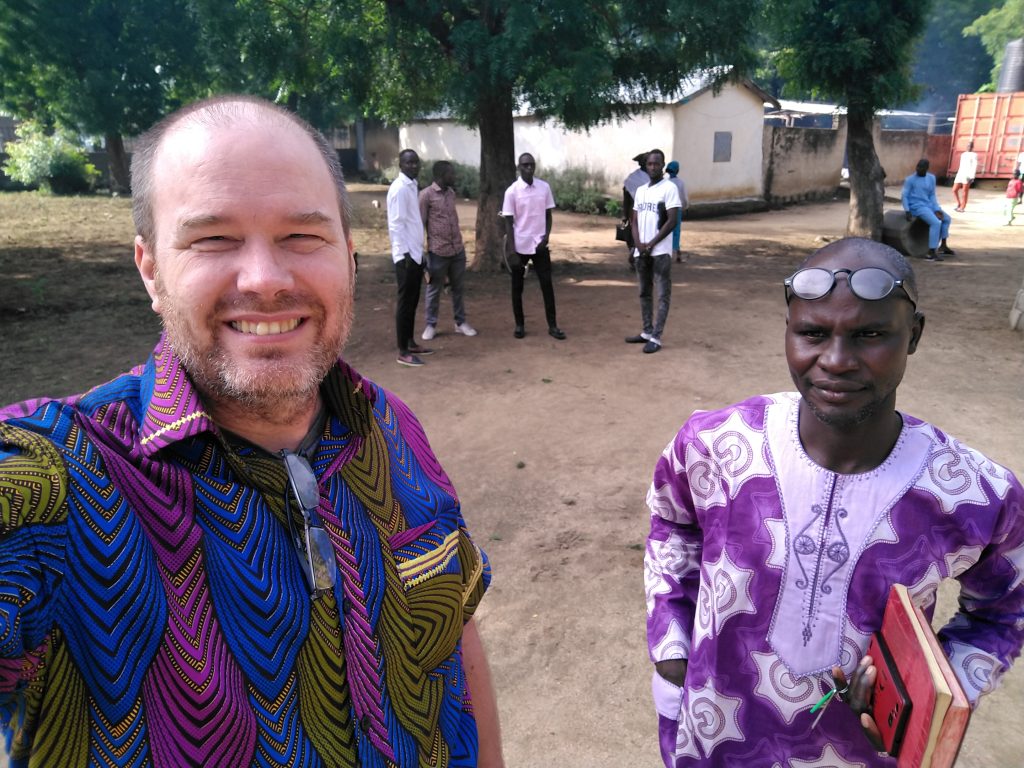Following up on this post on the how personality affects our view of the purpose of conversation, I thought I should add some thoughts on less obviously collaborative speech acts, such as teaching and preaching.
That is, preaching is typically a one to many act, with only one way interaction between the speaker and hearers (in my subculture, anyway). Teaching can be through lecture, in which case it is at least very similar, or other pedagogies can be used, from slightly collaborative methods like lecture and small group work combined, to something which is mostly collaborative, where students present their work, and the teacher gives some feedback.
So how does this impact people who think of logic, reason, and the implication of facts extrovertedly? That is, I’ve come to realize that I like to learn in a negotiated social environment, rather than one where I’m simply given facts to be able to repeat later. If I need to just pick up facts, I can typically do that on the internet much faster. I noticed that I think a preacher or teacher can say nine things in a row, each of which are undisputed and obvious, but then if the next thing is questionable, it can throw off my train of thought. Especially if that becomes a point that the teacher or preacher builds other argumentation blocks on. I would MUCH rather stop the process, haggle out that one issue, then continue.
I hope I don’t mean any disrespect in saying the above; I think this is just how my mind works. Before coming to terms with my ADHD, I spent hours in lectures and sermons trying to stay awake. I tried caffeine, which worked to some extent. I tried sitting in the front row, which didn’t. the one thing that worked (I noted over time) was that I could stay awake when my brain was active. If a lecture or sermon was a series of basically straightforward and easy to digest ideas, I would get bored and eventually check out. Similarly, if ideas are presented that make me want to debate/discuss before moving on (and there is no such opportunity), then my brain would also check out, unable to follow the train of logic after the disputable point.
I’m sure I might be an extreme case here; maybe past abuse (or ADHD, or whatever) makes me more intolerant of disputed points in a lecture, but I think the basic orientation comes from extroverted thinking. I want to discuss/debate logic, reasoning, and the relationship between facts. I want to discover the truth together with others, with iron sharpening iron, rather than wholesale swallowing the fruit of others’ work.
Having said this, good preaching is not just a download of information. I think it should include new information, or at least old information with new implications or application. But the application is critical, or else it just isn’t really preaching. Preaching should use the mind to move the heart, overflowing in new life, repentance, and a greater love for God in Christ. So maybe extroverted feeling is as important as thinking for preaching, since the goal is to call people to a better/higher set of values, feelings, and even emotions —leading, of course, to life change.
So I think this is my issue with a large majority of preachers: whether by nature or not, they approach the process of preaching as extroverted feelers and introverted thinkers, the half of the dichotomy I presented in this post, that doesn’t include me. So I want to negotiate rational truth, and let that flow into emotional/life change, whereas I think most people are using a non-negotiated (introverted) rational truth to negotiate emotion, value, and feeling change.
But I don’t think this makes half of us stuck, or obligated to go to another church. Anna and I have been wrestling with the corners of personality theory where things don’t seem to work out as expected, such as how the DISC (or LiFo, or Treasure Tree) model interacts with MBTI. Or, in this case, how personal, emotional, and spiritual growth interacts with personality.
I think it’s obvious that maturity doesn’t look the same on each person. But can we draw generalizations about how maturity looks in MBTI? On thing I though interesting was that they say the first cognitive function is the first one you use, both in every day, and in life —like maybe in your first five to ten years. Then you develop your second cognitive function, which balances it. Then some time around 40 or 50 you develop your third cognitive function. Well, it seems like this might work in many cases, but I wonder how well time and maturity correlate across people. And how well cognitive maturity (growing in diversity of cognitive functions) correlates with spiritual, emotional, or other personal maturity.
So it could be that one way to think about maturity is how well you are able to think using cognitive functions which are not your most natural/basic. For instance, in the conversation dichotomy I posted earlier, the more you say “this one is sane, that one is crazy”, the less mature you may be. The more you say “this one is me, but I could see someone thinking like that, too” the more mature, culiminating in the most mature position being something like “This one is me, but can do the other when I need to.”
The end result being, that just because I want conversations to be about negotiating facts and their meanings, doesn’t leave me off the hook for relating to people in conversation, too. Teachers who dump information on their students without any indication of care, concern, or relationship (even where lectures are appropriate), are not well respected generally. In the same way, if a preacher doesn’t want to negotiate the logical points he’s trying to use to move the church (emotionally, personally, and spiritually), then I can be OK with that. His goal there isn’t to teach new doctrines (typically), but rather to make people fall in love with Jesus again.








